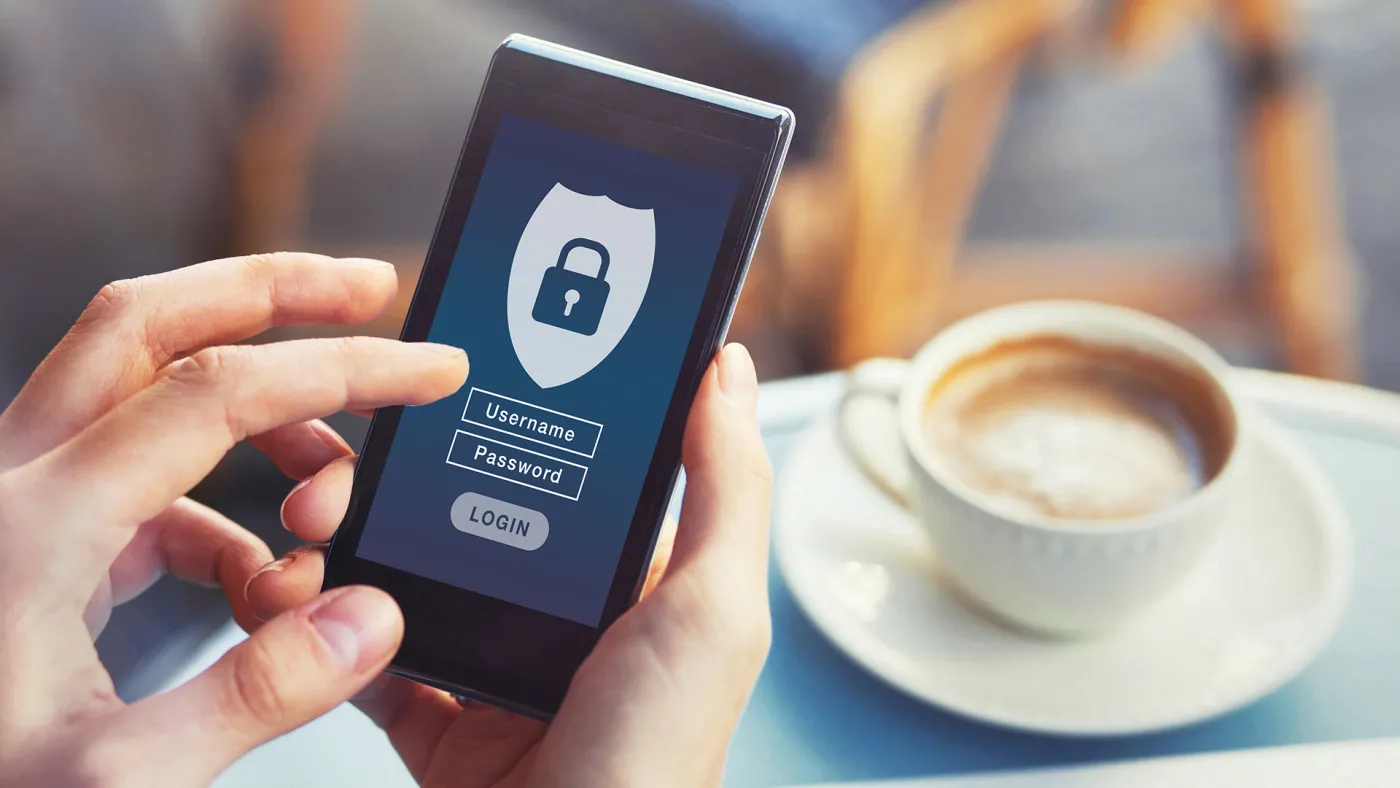
There’s only one you out there – keep it that way
Every year more identity thefts are reported to the Canadian Anti-Fraud Centre; in 2020 this totaled nearly 17,000 cases. And this number is growing as more and more of our lives move to digital channels. Here are a few things you can do help prevent identity theft from happening to you.
Start by avoiding websites that memorize your password. This could give other users of your computer access to your accounts.
Consult our Privacy & Security recommendations for best practices to safeguard your computer, email, and smartphones. Avoid accessing your accounts using public wi-fi or internet ports, such as cafes, libraries, or airports.
And make sure to set up alerts within Online Banking. You'll receive a text or email notification in the event of suspicious or fraudulent activity on your accounts.
Minimize the identification information and number of cards you carry
Never carry your SIN card; memorize your number and leave the card in a secure place. And remove your cheque book from your purse or briefcase. They carry important account information. Keep cheques at home and use them only as required. You can also cut out cheques in many situations by using Interac e-Transfer® or other online banking services.

Use complex passwords
Put a password on everything – your computer, your tablet, your credit card, apps, bank and phone accounts. Never use easily available information like your mother's maiden name, your birth date, the last four digits of your SIN, or your phone number. Use alpha numeric codes that include symbols and capitalization – they are harder to crack.
Pay attention to your billing cycles
Follow up with creditors if your bills don't arrive or come out on time. Review your account statements and online account transaction details promptly and report any discrepancies immediately.
Guard your mail and documents
Deposit outgoing mail in post office collection boxes or at your local post office. Never leave mail uncollected for more than a day. Ensure mail is forwarded or re-routed if you move or change your mailing address.
Keep tax records and other financial documents in a secure place, preferably a safety deposit box or other secure storage or a secure digital storage space for electronic documents.
Don't leave bills or papers on tables in restaurants or on the seat in your vehicle where they can be stolen. And minimize the amount of personal data you store on your computer or mobile device.
Watch what you share on social media
Even selecting the tightest privacy settings on social media sites like Facebook and LinkedIn doesn't guarantee your information won't be exposed. Small pieces of information like the date and place of your birth can be used to predict your social insurance number.
Shred unwanted financial papers
An identity thief will pick through your garbage or recycling bins. Be sure to tear or shred receipts, copies of credit applications, insurance forms, physician statements, and credit offers you get in the mail.
Report any lost or stolen documents
This includes your driver's license, credit cards, or your passport – report immediately loss or theft to the issuer.
Get a copy of your credit bureau file every year
Contact Equifax (1.800.465.7166) or TransUnion (1.800.663.9980) or go to their website. For a nominal fee, get a credit report that shows if there has been any unauthorized credit opened in your name. For an additional charge, you can obtain your credit score.

Is there another “you” out there already?
It could be possible that your identity has already been stolen and is being used right now. The signs are many, but here are a few typical indicators that someone is using your identity:
- A creditor informs you that an application for credit was received with your name and address, for which you did not apply.
- Telephone calls or letters state that you have been approved or denied by a creditor to whom you never applied.
- You receive credit card statements or other bills in your name, for which you did not apply.
- You no longer receive credit card statements or you notice that not all of your mail is delivered.
- A collection agency informs you they are collecting for a defaulted account that you never opened.
What to do if you suspect identity theft
Identity theft is a serious crime and can haunt you for years to come. Here’s what to do if you know or suspect you’ve been a victim:
- Contact your financial institution immediately if you suspect any fraudulent activity or theft of your identifying documents. BlueShore Financial members can call our Solution Centre at 604.982.8000 or toll-free 1.888.713.6728.
- Inform the police.
- Contact your creditors, such as credit card companies, major stores and any other companies you may have accounts with.
- Contact Equifax and TransUnion to report potential fraud.
- If your mail is missing, contact Canada Post at 1.800.267.1177
- Report the incident to The Government of Canada's Anti-Fraud Centre.
Still have questions about how to protect yourself from identity theft? Visit a branch near you or contact us for more information.

Have a question? Ask an Expert
Adam Franklin Financial AdvisorMutual Funds Investment Specialist
Our team of experienced professionals are here to answer any questions you may have.

